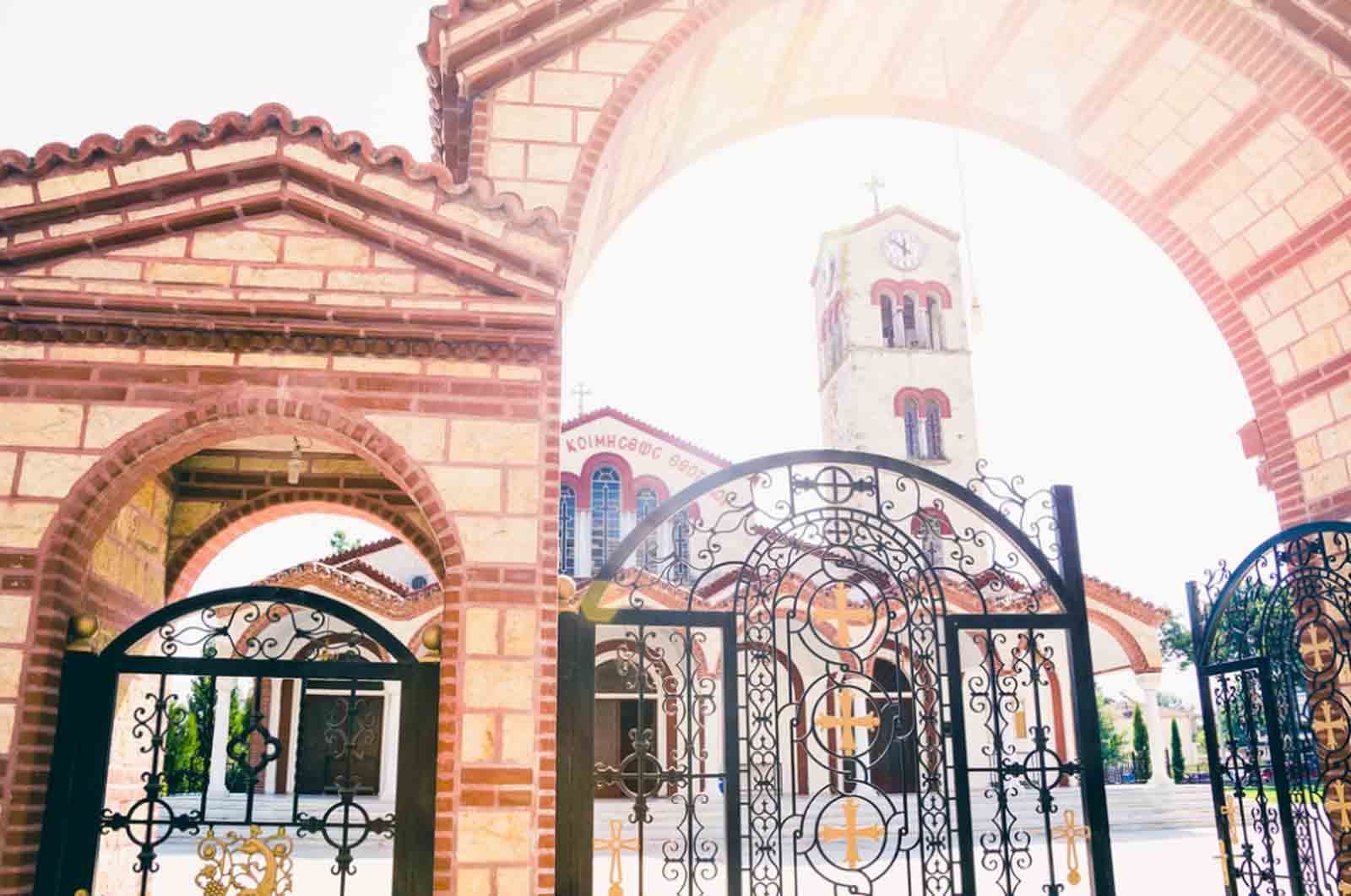
When people hear that Greece is a country in need of the gospel, time and again they ask the same question: Isn’t Greece already a Christian nation? Why the need for missionaries? Why go to a country where nearly every person belongs to a state church?
This is important, especially in light of Greece’s longstanding role in the history of Christianity. Greece received the gospel message from the apostle Paul himself, and the New Testament was originally written in the Greek language. Furthermore, nearly half of the New Testament was penned either from or to this ancient land. Why, then, the need for re-evangelization?
Beginning in the fifth century AD, and for the next one thousand years, the Byzantine Empire had been based in Constantinople (modern-day Istanbul), the cradle of the Orthodox faith. It held the cross high until Muslim Ottomans conquered Turkey, Greece, and much of Eastern Europe in the fifteenth century. Modern Greeks are rightly proud of their Christian heritage, and the fact that four centuries of Muslim rule (1453–1821) failed to destroy their identification with the church and its teachings. To this day many Greeks say, “To be Greek is to be Orthodox.” More than 85 percent of modern Greeks are members of the Orthodox Church.

To a Westerner, Eastern Orthodoxy can seem distant, even mysterious. The traditions and rituals of ancient Byzantium have remained church fathers. The liturgy and icons, traditions and pungent incense—all forge ties to a world of long ago, calling worshippers to breathe the same “divine” air as generations past. From its gold- and jewel-encased cathedrals to the mournful chanting of bearded priests, many find in the Orthodox Church a texture and beauty foreign to most modern denominations.
Outsiders often see Orthodoxy as similar to Roman Catholicism, and indeed the two share many points of agreement. However, the great schism of AD 1054—when the two churches officially went separate ways—shows that their differences are more than cosmetic. Orthodox members are taught they belong to the true church, its dogma and practices handed down unchanged through the apostles from Christ. Though a modern Orthodox believer may allow that remnants of Christian truth and practice remain in other traditions, they are taught that salvation is found only through the Orthodox Church.

The Catholic Church in Europe was similar in its views and influence until a movement of protest and reform ignited the continent during the late Middle Ages. One of the movement’s earliest leaders was Martin Luther, a sixteenth-century German monk who became convinced the Roman Church had lost its way. His Scripture study persuaded him that many of the church’s teachings were, in fact, not aligned with God’s Word. He wrote first against the issue of indulgences—tithes paid to lessen punishment in the afterlife.
Bible in hand, he then addressed teachings more foundational to the Catholic system—the Pope’s infallibility, the veneration of Mary and the saints, the salvific role of the sacraments, and, most important, the roles of faith and works for salvation.
Luther’s Reformation swept through much of Europe, bringing needed clarity to matters of Christian faith and practice. Emphasizing God’s Word over traditions, Protestant teaching was eventually summed in five simple phrases, the five “alones” (or solas in Latin): by Scripture alone, by faith alone, by grace alone, through Christ alone, and to God’s glory alone. Protestants embraced church traditions consistent with God’s Word and rejected those that differed. God’s Word was considered the final authority over Christian life, and over the local church’s structure and role.
Protestant thought, increasingly common in vast areas of Europe, remained foreign to the Greeks. The Orthodox Church, even under Muslim occupation, enjoyed relative autonomy and did much to preserve Greek heritage and culture. Thus when Greece gained independence in the early 1820s, its population felt indebted and increasingly tied to the orthodoxy of its roots.

Not long after Greece’s independence, Protestant missionaries arrived to share the gospel. They met largely with derision, ridicule, and sometimes violence. For example, early Presbyterian missionaries—though steadfast amid fierce opposition—were often taken to court and vilified by the state church as heretics who meant harm to the Greek people. But Protestant workers persisted, and over the next century congregations were planted by Presbyterians, Baptists, Evangelical Free, Brethren, Churches of God, Pentecostals, among others. Still, the work was slow going. Today, after nearly 200 years of Protestant efforts, there are an estimated twenty-five to thirty thousand born-again Protestant believers in Greece, a small minority among nearly ten million Orthodox countrymen.
Laws against proselytism, though rarely enforced, are often used to intimidate and marginalize the non-Orthodox as a minority. Many Greeks apply the term heretic to Protestants and cult members alike, even though evangelicals firmly subscribe to the basic creeds of the historic Christian faith. For these reasons and more, it’s not easy to be a Protestant Christian in Greece.

This post is adapted from Chapter 20 of the book If I Had Two Lives: The Extraordinary Life and Faith of Costas Macris, a missionary biography that details the life of a modern missionary hero.




